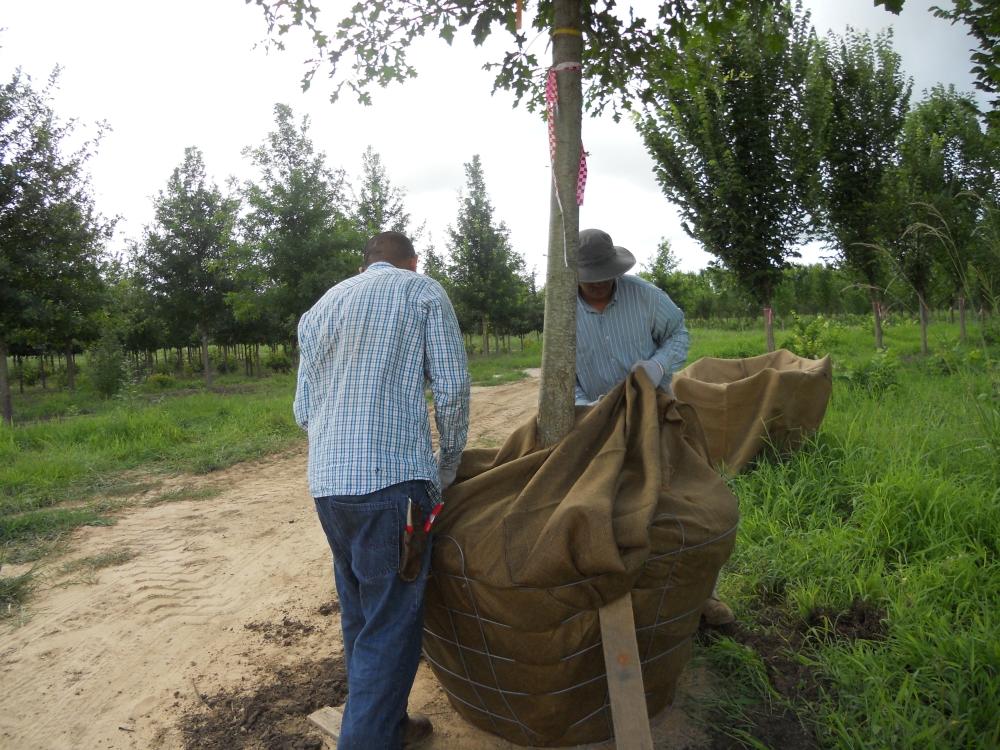
Section Branding
Header Content
GA Eyes NC Farm Worker Co-op
Primary Content

State officials are eying a North Carolina coop program that makes it easier for small farmers to hire foreign guest workers. Many of Georgia's large growers already employ such legal workers. The program could help farmers who continue to say Georgia’s new immigration law has scared away migrant workers this summer.
Many smaller growers say the federal foreign guest-worker program, known as H2A, costs too much time and money.
The program requires farmers to apply in advance for the guest worker visas even if they don’t know how many they will need.
State Attorney General Sam Olens has heard these complaints from farmers. He says he and other state officials want to copy a North Carolina program that expedites the administrative process.
“They have a company there that specializes in it and they handle it for a bunch of the farmers," Olens said in an interview at the Atlanta Press Club. "It’s cheaper for the farmers. It’s more efficient for the farmers. Now, having said that, the H2A program is rife with problems but this makes it easier for the farmers.”
That company is actually a coop program that's part of the North Carolina Growers Association. Hundreds of small farmers there use the program to obtain visas for foreign guest workers. Even large farmers use it. The coop applies for the workers’ H2A visas, schedules interviews with federal officials, obtains paperwork from the workers and holds an orientation.
The association’s Lee Wicker says the coop makes it easier and less costly for growers to legally hire workers to pick crops.
“It’s especially effective for small farmers because they can share their workers with other small workers, and share the program costs that are otherwise cost prohibitive for some growers,” Wicker, a part-time tobacco farmer, said in a telephone interview. "The cooperative model we use at the North Carolina Growers Association allows farmers of all sizes to participate in the H2A program as joint employers."
Starting next year, the new immigration law will require many Georgia employers to check if their employees are authorized to work here.
Already this spring, some farmers said fewer migrant workers came to pick crops. With few Americans willing to do these jobs, small growers say they worry they won’t have enough labor for future harvests.
Wicker said North Carolina experienced some of the same labor woes that Georgia is going through now. Echoing many Georgia farmers, he said hiring local workers is typically not an option.
“U.S. workers overwhelmingly reject seasonal farm jobs. It’s hot, it’s physical,” Wicker said. “Our standard of living is, we need year-round work to take care of our families, and ourselves. When you combine the seasonality with the weather and the heat, Americans, if they have other choices, they don’t want to do this.”
There is one down side to the program, even Wicker admits. It costs more money to go the legal route. He estimates there are 4,200 growers in North Carolina; his program includes just 600 of them.
Tags: North Carolina, immigration law, Visa, HB 87, bonner, labor shortage, farm labor, coop program, H2A
